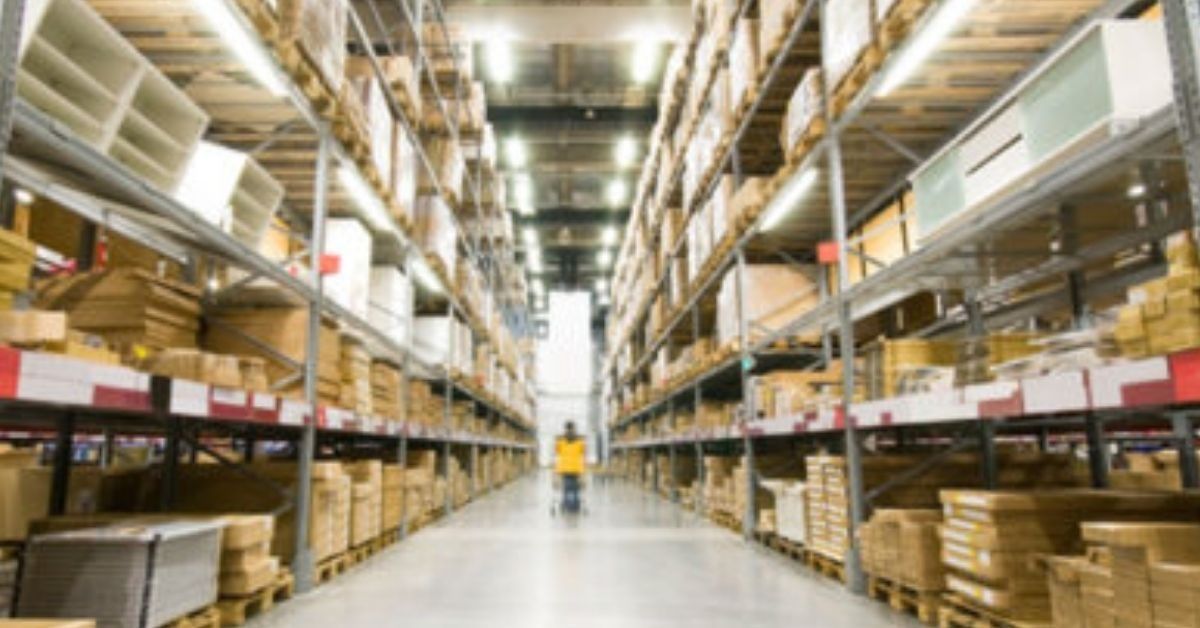Warehousing and logistics supplies are likely to double to cross 700 million square feet by 2030, for which more than USD 20 billion additional investment is needed, a report said on Thursday.
According to a report by the CBRE Group, which is the world’s largest commercial real estate services and investment firm, during the first nine months of 2022 saw the sector getting only about USD 144 million across greenfield and brownfield assets from global investors.
The report said that leasing activity in the segment grew 40 per cent to 9.2 million square feet in the third quarter over second quarter.
The warehousing and logistics sector requires at least USD 20 billion of fresh investments by 2030 to develop incremental warehousing spaces, most of which will be needed in tier-II and III cities, said the report.
It is also estimated that the warehousing and logistics stock will double by 2030 to cross 700 million square feet as occupiers continue to expand across segments such as e-commerce, third-party logistics, and engineering & manufacturing.
Further, the share of grade-A warehousing and logistics stock is also expected to rise from 35 per cent now to more than 50 per cent by 2030.
During the first three quarters of 2022, leasing remained stable, with around 22 million square feet of space getting leased. Third-party logistics players led the leasing activity with 50 per cent share, while the total supply addition in the period stood at 13 million square feet, according to the report.
Cities like Lucknow, Nagpur, Indore, Kochi and Coimbatore are driving supplies and these demand centres are also expected to witness stronger leasing as several occupiers prefer to locate their warehouses closer to consumption hubs to reduce transportation cost.
According to Anshuman Magazine, chairman & chief executive of CBRE India, supply-side interventions such as a unified policy framework, interconnected infrastructure, digital transformation, and a skilled ecosystem will drive down transportation cost through supply chain optimisation and modernisation. In addition, the new logistics policy will further encourage global and domestic investors/developers to venture into the segment.






